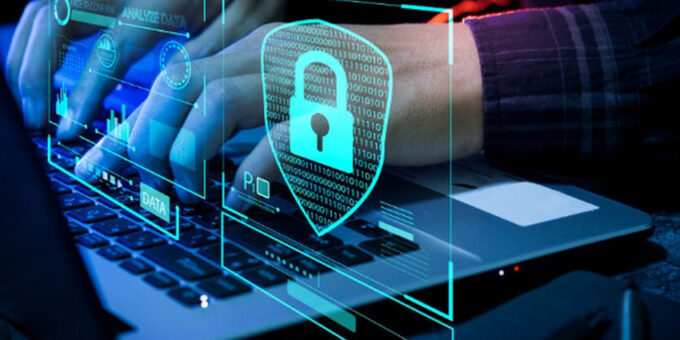
Our digital lives are busier than ever, which means cyber threats are rising fast. Protecting yourself online has become crucial. Here’s a list of the top cybersecurity practices to secure your digital world.
1. Use Strong, Unique Passwords for Each Account
A strong password is your first defense against hackers. Avoid simple passwords, like “123456” or “password.” Instead, choose complex combinations of letters, numbers, and symbols. Each account should have a unique password. This way, even if one account is compromised, others remain safe. To remember them, use a reliable password manager.
2. Enable Two-Factor Authentication (2FA) on All Accounts
Two-factor authentication (2FA) adds an extra layer of security. When you enable 2FA, logging in requires a second step, like a code sent to your phone. Even if someone guesses your password, they still need this extra code. Use 2FA on all accounts that offer it, especially for banking, email, and social media.
3. Keep Software and Devices Updated
Software updates often contain essential security patches. These patches fix vulnerabilities that hackers could exploit. Make sure you enable automatic updates on all devices and applications. Regular updates on operating systems, apps, and antivirus software help keep cyber threats at bay.
4. Be Cautious with Phishing Emails and Messages
Phishing attacks trick you into providing personal information. Cybercriminals often send emails or messages that seem legitimate but are fake. Check the sender’s email address carefully, and avoid clicking on suspicious links. If an email looks odd, it’s best to delete it or report it.
5. Avoid Using Public Wi-Fi for Sensitive Transactions
Public Wi-Fi networks lack security, making them risky. Hackers can easily intercept data on these networks. When using public Wi-Fi, avoid logging into bank accounts or shopping online. If necessary, use a VPN (Virtual Private Network) for added security.
6. Use a Virtual Private Network (VPN) for Extra Privacy
A VPN encrypts your internet connection, adding another layer of security. It hides your IP address and makes it harder for others to track your activity. Especially on public networks, a VPN ensures safer browsing and protects sensitive data.
7. Regularly Back Up Important Data
Backing up data protects against data loss from hacks or ransomware. Store copies of important files on external drives or secure cloud storage. Schedule regular backups to ensure that you always have access to your essential information.
8. Limit Personal Information Shared on Social Media
Cybercriminals often gather information from social media. Avoid sharing personal details like your full birth date, address, or phone number. The less personal information you share, the harder it becomes for hackers to impersonate you.
9. Review Privacy and Security Settings on All Apps
Take a moment to review each app’s privacy settings. Adjust permissions to limit what apps can access on your device. Deny permissions that seem unnecessary, like camera access for a game app. These steps help protect your personal information.
10. Stay Informed About Current Cybersecurity Threats
Cyber threats are constantly evolving. Stay updated on new types of threats and learn how to avoid them. Reliable cybersecurity websites and newsletters provide valuable insights. Knowledge is a powerful tool to keep you secure online.
Conclusion
Following these essential cybersecurity practices helps secure your digital life. Cybersecurity doesn’t require advanced skills, just consistent habits. Start implementing these practices today and enjoy a safer, more secure digital experience.